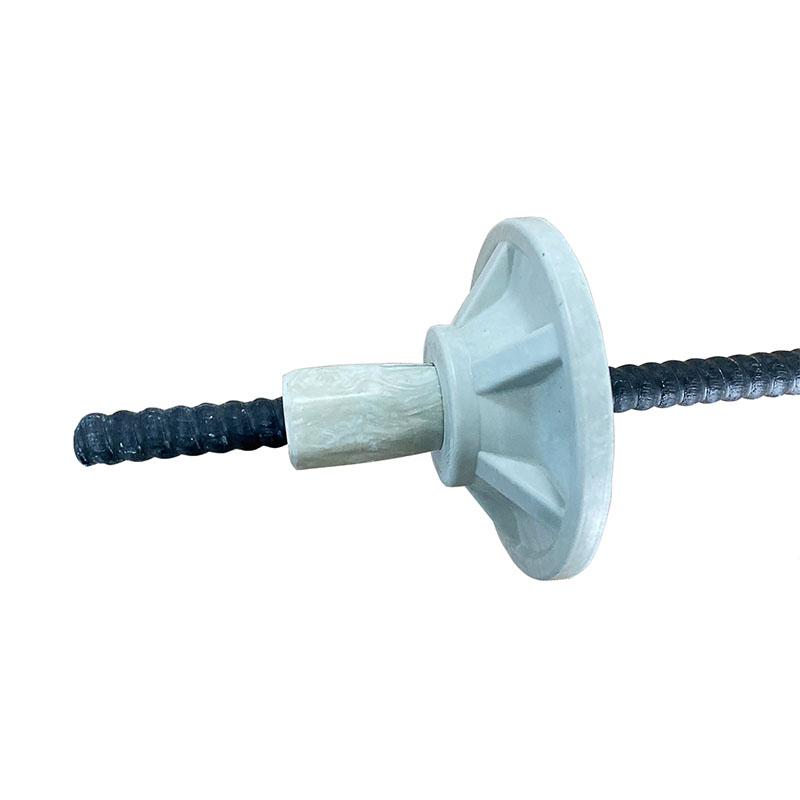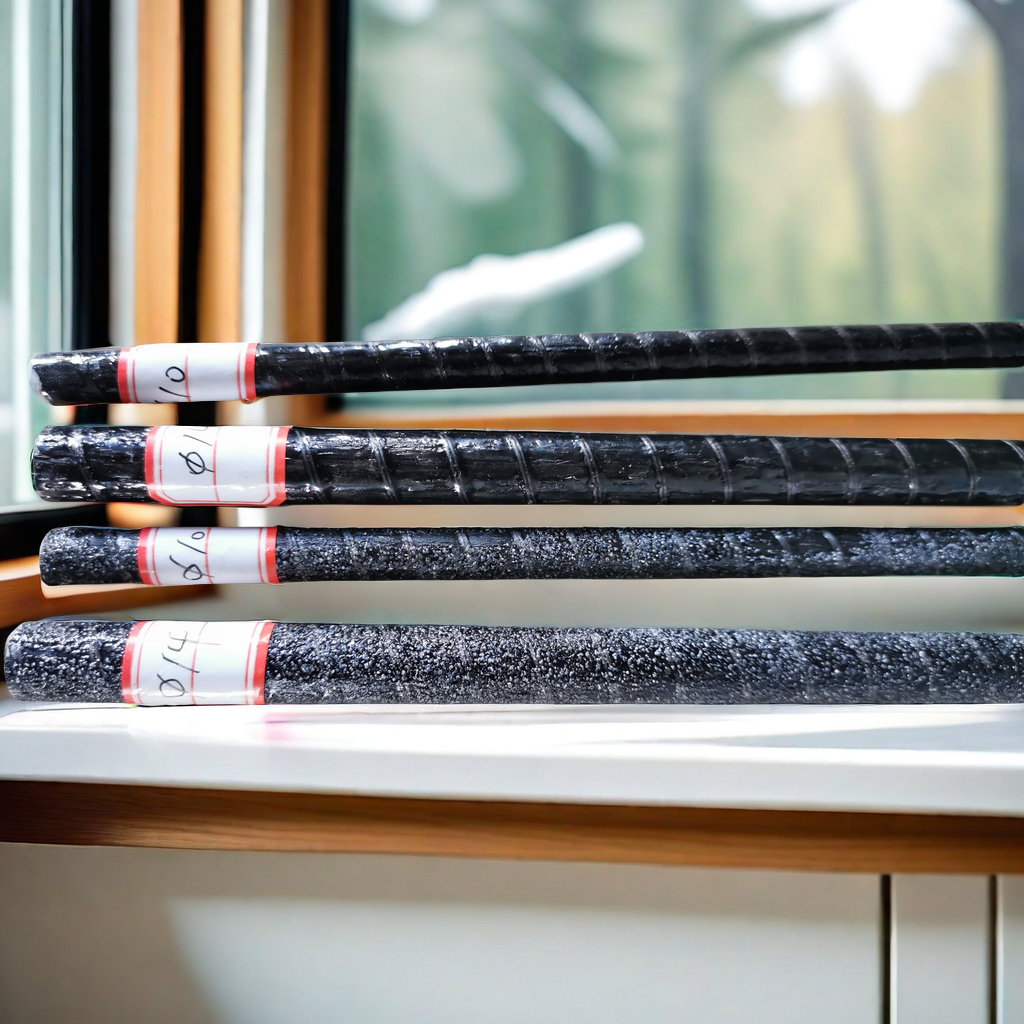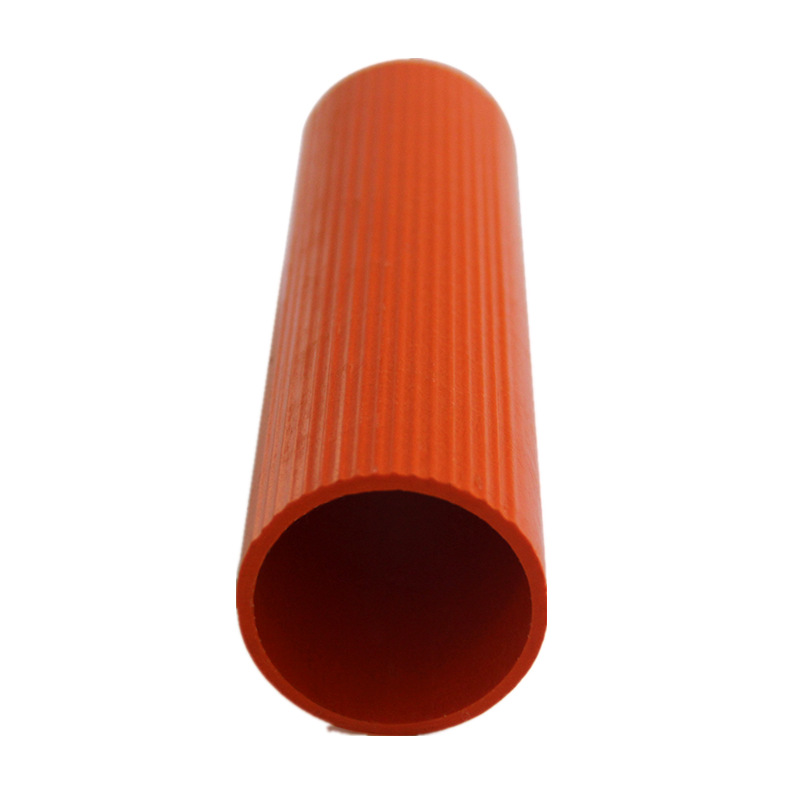Introduction
The advent of composite materials has significantly transformed various industries, leading to the development of innovative construction solutions. One such innovation is the GFRP Water Stop Screw. This component combines the advantageous properties of Glass Fiber Reinforced Polymer (GFRP) with the practical functionalities of water stop systems. This article delves into the potential applications of GFRP Water Stop Screws across different industries, highlighting their benefits and exploring their future prospects.
Understanding GFRP Water Stop Screws
GFRP Water Stop Screws are specialized fasteners designed to prevent water seepage in concrete structures. Made from Glass Fiber Reinforced Polymer, these screws offer exceptional strength-to-weight ratios, corrosion resistance, and durability. The integration of GFRP material enhances the screw's performance in harsh environments, making it a viable alternative to traditional metal counterparts.
Composition and Properties
The core composition of GFRP Water Stop Screws involves glass fibers embedded within a polymer matrix. This combination results in a composite material that exhibits high tensile strength, low thermal conductivity, and excellent resistance to chemical corrosion. The non-metallic nature of GFRP eliminates the risk of galvanic reactions, which is particularly beneficial in environments exposed to moisture and chemicals.
Applications in the Construction Industry
In construction, water ingress poses significant challenges, especially in underground structures and water-retaining facilities. The use of GFRP Water Stop Screw provides an effective solution to these challenges.
Underground Structures
GFRP Water Stop Screws are instrumental in sealing joints and cracks in tunnels, subways, and basements. Their corrosion-resistant properties ensure longevity despite constant exposure to moisture, reducing maintenance costs and extending the service life of underground facilities.
Water Retaining Structures
In dams, reservoirs, and swimming pools, preventing water leakage is crucial. The application of GFRP Water Stop Screws in these structures enhances the integrity of joints and connections, ensuring that water containment is maintained efficiently.
Impact on the Marine Industry
The marine environment is characterized by high salinity and moisture levels, which accelerate the corrosion of metallic components. The adoption of GFRP Water Stop Screws in marine applications addresses this issue effectively.
Shipbuilding
In shipbuilding, these screws are used in assembling hull components and sealing joints to prevent water ingress. Their resistance to salty environments ensures that vessels remain watertight and structurally sound over prolonged periods.
Offshore Structures
For offshore platforms and wind turbines, GFRP Water Stop Screws offer a reliable fastening solution that withstands the harsh marine atmosphere. This leads to improved safety and reduced maintenance requirements for offshore installations.
Advancements in Civil Engineering Projects
Civil engineering projects often encounter environments where traditional materials may not perform optimally. The incorporation of GFRP Water Stop Screws has shown promising results in such scenarios.
Infrastructure Development
Bridges, highways, and retaining walls can benefit from the non-corrosive nature of GFRP components. The screws ensure structural elements remain intact despite exposure to de-icing salts and environmental pollutants.
Environmental Sustainability
Using GFRP Water Stop Screws contributes to sustainability goals by enhancing the lifespan of structures and reducing the need for frequent replacements. This results in lower material consumption and less environmental impact.
Role in the Mining Industry
Mining operations often involve challenging conditions where moisture and chemical exposure are prevalent. GFRP Water Stop Screws offer solutions to these challenges.
Mine Shaft Reinforcement
The screws are used in reinforcing mine shafts and tunnels, preventing water ingress that can compromise structural integrity. Their resistance to corrosive mine environments extends the safety and usability of mining infrastructure.
Chemical Stability
GFRP materials remain stable in the presence of acids and alkalis commonly found in mining sites, making them ideal for long-term applications in these settings.
Advantages over Traditional Materials
The shift towards GFRP Water Stop Screws is driven by several inherent advantages over traditional metal screws.
Corrosion Resistance
Unlike metal fasteners, GFRP screws do not rust or corrode, ensuring long-term durability even in aggressive environments. This reduces maintenance costs and prevents structural failures due to corrosion.
Lightweight and High Strength
GFRP screws are significantly lighter than metal alternatives without compromising strength. This characteristic simplifies handling and installation while maintaining the necessary structural support.
Electrical Insulation
The non-conductive nature of GFRP makes these screws suitable for applications where electrical insulation is critical, enhancing safety in electrical and telecommunications installations.
Case Studies and Industry Data
Several projects have successfully implemented GFRP Water Stop Screws, demonstrating their practical benefits.
Tunnel Construction in Europe
A European infrastructure project utilized GFRP Water Stop Screws in tunnel lining segments. The results showed a 30% increase in lifespan compared to traditional methods, with maintenance intervals extended by 25% due to reduced corrosion-related issues.
Marine Facility Upgrades in Asia
In upgrading a coastal port, engineers employed GFRP screws to combat the corrosive sea environment. The project reported improved structural integrity and significant cost savings over a 10-year period.
Future Prospects and Research Directions
Ongoing research aims to enhance the properties of GFRP Water Stop Screws further, exploring new polymer matrices and fiber reinforcements.
Nanocomposite Enhancements
Incorporating nanoparticles into the polymer matrix could improve mechanical properties and durability, opening up applications in more demanding environments.
Sustainability Initiatives
Research into recyclable and bio-based polymers for GFRP production is underway, aiming to reduce environmental impact and promote circular economy principles in material usage.
Conclusion
The GFRP Water Stop Screw represents a significant advancement in fastening and sealing technology across multiple industries. Its superior properties over traditional materials position it as a key component in future infrastructure development. As industries continue to seek durable, cost-effective, and sustainable solutions, GFRP Water Stop Screws are poised to play an increasingly vital role.
References
For further information on GFRP applications and products, visit the official website at Seeder FRP.



























